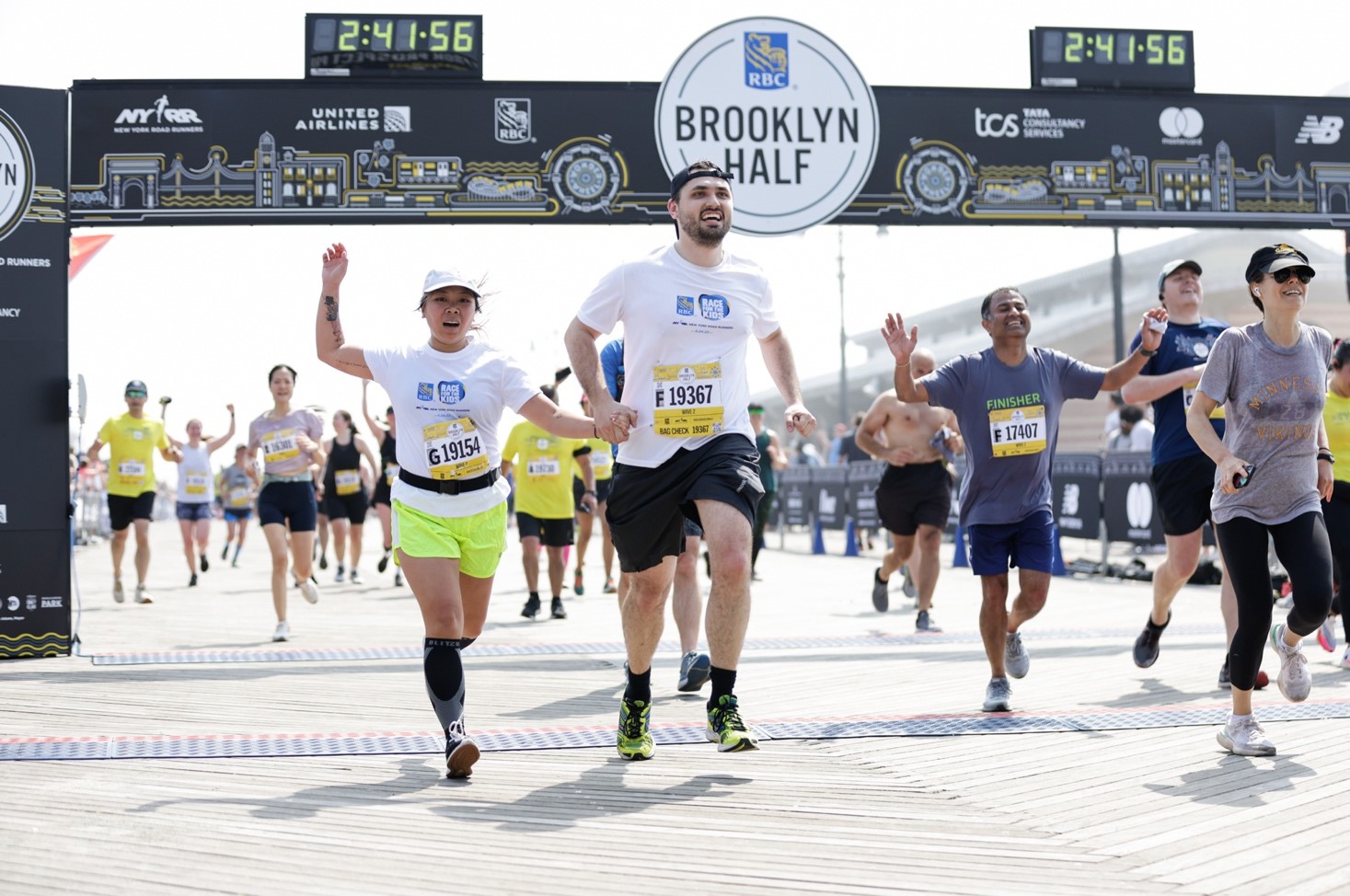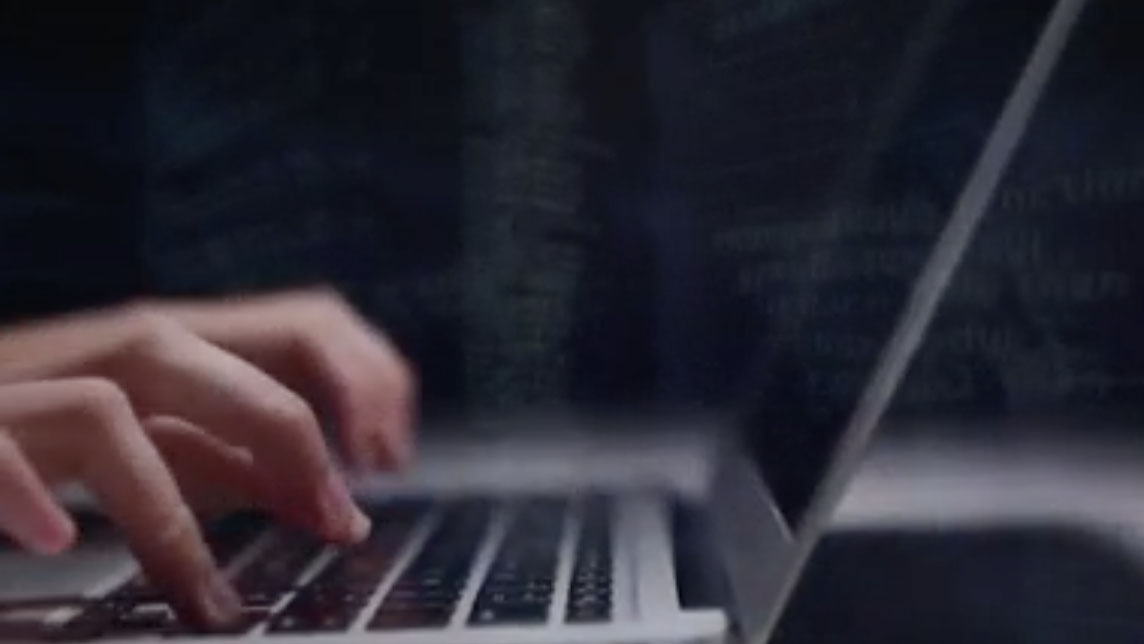More than 1,000 protesters marched from Union Square to upper Manhattan as others took to at least two city bridges in protest of a Missouri grand jury decision not to indict Ferguson police officer Darren Wilson in the shooting death of Michael Brown, an unarmed 18-year-old.
Protesters mobilized north from the plaza after the announcement from St. Louis County Prosecuting Attorney Robert McCulloch. They held up signs reading "Black lives matter" and "Jail killer cops," and chanted, "Hands up, don't shoot" and "No justice, no peace."
Chopper 4 cameras showed protesters swarming the traffic-clogged avenues around Times Square, then continuing north past Columbus Circle. Police in vehicles and on foot trailed the marchers.
A man was arrested at Times Square when he threw what appeared to be red paint toward police officers and officials, including Police Commissioner Bill Bratton, an NYPD spokesman said.
The crowd was initially estimated to be about 1,600 in Union Square.
Other protesters also temporarily shut down the Brooklyn Bridge Monday night.
Local
There were other scattered reports on social media of minor clashes between police and protesters, but none were violent. Protesters were again seen gathering in Times Square early Tuesday.
In Union Square, protester Tiffany Brown said she wasn't surprised by the Ferguson decision not to indict Wilson.
"But when is enough going to be enough? It's systematic and it's institutionalized, and we have to do something," she said.
Some during the march also protested deaths of unarmed black men in New York City who have died at the hands of police officers, including Eric Garner and Akai Gurley.
The Rev. Al Sharpton, who has been acting as a spokesman for Garner's family, said in Harlem the Ferguson grand jury's decision is "an absolute blow." Sharpton flew to Missouri overnight and plans to join the Brown family at a news conference in St. Louis Tuesday.
Sharpton's advocacy group, the National Action Network, has planned several protests at federal court houses in cities around the country at noon Tuesday. Protest sites include Cadman Plaza in Brooklyn and outside court houses in the New Jersey cities of Newark, Paterson and Atlantic City.
Sharpton is also a talk-show host on MSNBC, which is owned by NBC 4 New York's parent company, NBCUniversal.
Similar protests erupted in other cities across the U.S, despite Brown's family's plea that responses to the grand jury announcement remain peaceful.
The Aug. 9 shooting death of Brown sparked riots and protests and led to a national debate about race relations and police brutality. Brown's family released a statement saying they are "profoundly disappointed that the killer of our child will not face the consequence of his actions."
The grand jury had found no probable cause for any of the charges it considered against Wilson, which included first-degree murder and the lesser charge of manslaughter, according to McCulloch.
The 28-year-old officer testified to the grand jury that he was sitting in his patrol car when Brown approached and punched him, McCulloch said. In the encounter that followed, Wilson fired 12 shots — two inside the car and 10 on the street, the prosecutor said.
Some witnesses had said publicly that Brown, 18, was shot and killed with his hands up. But the prosecutor said that the grand jury investigation found that some witness statements were “completely refuted by the physical evidence.”
He said he knew some people would be disappointed, but he said decisions in the justice system could not be based on “public outcry or for political expediency.”
-- NBC News, Jonathan Dienst and Checkey Beckford contributed to this report.
Read more on the grand jury's decision in Michael Brown's shooting death at NBCNews.com.



